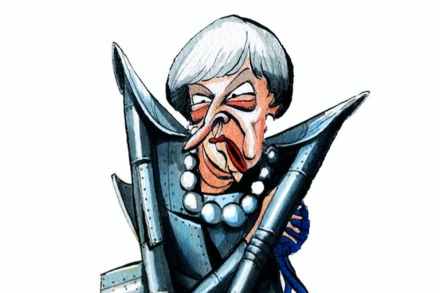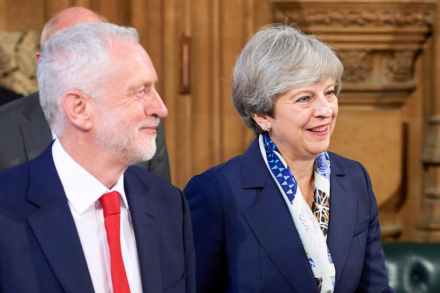Emmanuel’s folly
Montpellier An embattled, incompetent leader distrusted and disliked by a vast majority of voters. A wobbly economy that might be tipped into recession by Brexit. A re-energised opposition. Huge street protests. Squabbling with European partners. The government is paralysed, the opposition is emboldened — and the nation stands humiliated, as the world looks on in horror wondering how a leader who was so popular two years ago could get things so wrong. Not Theresa May, but Emmanuel Macron, the politician who may be the greatest Brexiteer of them all. As the saga of British withdrawal enters its final chapter, Macron has emerged as the loudest advocate for pushing Britain out




















